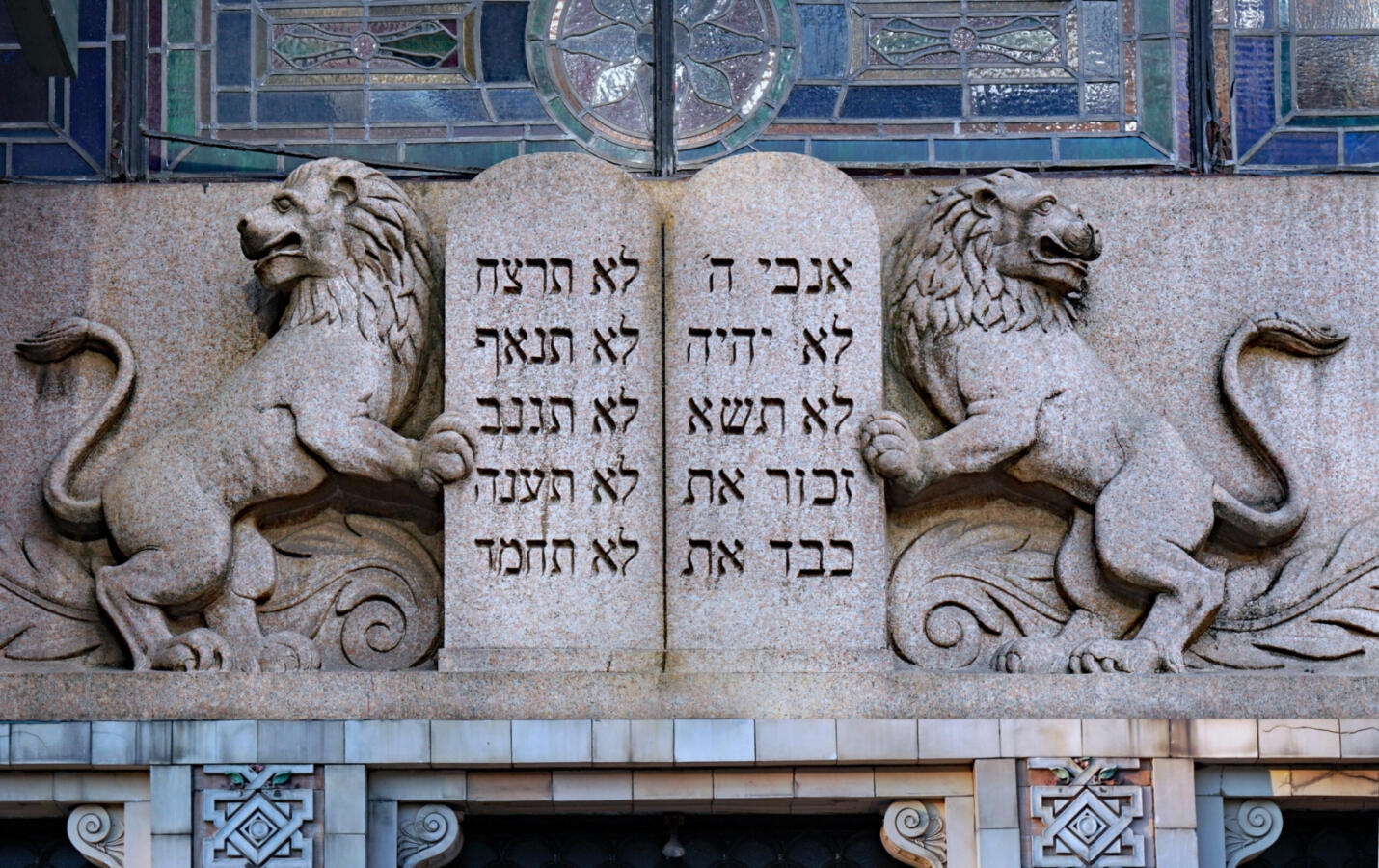Commentary on Parashat Mishpatim, Exodus 21:1-24:18
Last week’s Torah reading was a climactic high point in the Exodus story. God appeared before the entire Jewish people at Mt. Sinai and spoke the Ten Commandments. With deafening peals of thunder, bright flashes of lightning, a smoking mountain and the ground trembling beneath the Israelites’ feet, God’s revelation of those iconic tablets was a cinematic moment (thousands of years before cinema). Millennia later, we as a people carry a memory of that spiritual high the Israelites experienced at the foot of that mountain.
In contrast, this week’s reading feels to many like a spiritual letdown. Mishpatim, which means “Laws,” is aptly named because it contains 53 commandments, ranging from penalties for theft, murder and assault to reparations for damages to sacrificial requirements, festival laws and the prohibition against cooking a kid in its mother’s milk. The Torah portion is heavy on details but lacking in drama.
An ancient midrash senses the abruptness of this switch from majestic revelation to prosaic proclamation of laws. It asks why the reading begins with a conjunction, “And these are the laws …” and not simply, “These are the laws …”? It explains that the tiny “and” serves to connect the revelation of the Ten Commandments with the laws in our reading. (Mekhilta d’Rabbi Yishmael 21:1:1)
This midrash, connecting the extraordinary event of Mt. Sinai with the routine presentation of laws in this week’s Torah portion, provides insight into our closest relationships, which also tend to include passionate high points and stretches of ordinariness. Bar and bat mitzvahs, weddings, birthdays, graduations, fabulous trips — all of these cinematic (and generously photographed) moments are interspersed with everyday life: cooking, cleaning, laundry, unpacking boxes, shuffling to work. Life is lived in these everyday moments. During a long stretch of time, we may yearn for another burst of excitement, but time moves nonchalantly between one high point and the next.
With your help, My Jewish Learning can provide endless opportunities for learning, connection and discovery.
The little word “and” that connects this week’s Torah portion with last encourages us to be intentional about recalling both kinds of moments. When our loved one was alive, we may have focused on the singular, peak experiences, but the truth is that we can’t have those every day or they’d cease to be singular and peak. The midrash here suggests that the mundane rules are integral because they concretize the ecstatic in the everyday. That’s something we may only appreciate in our intimate relationships only after our loved one is gone. A mundane memory (homework help, driving to soccer practice) can remind us how central that person was to us — not because they took us to Disney World, but because they were there in the everyday. Those mundane moments are sacred too.
This article initially appeared in My Jewish Learning’s Reading Torah Through Grief newsletter on Feb. 17, 2023. To sign up to receive this newsletter each week in your inbox, click here.
Looking for a way to say Mourner’s Kaddish in a minyan? My Jewish Learning’s daily online minyan gives mourners and others an opportunity to say Kaddish in community and learn from leading rabbis.



